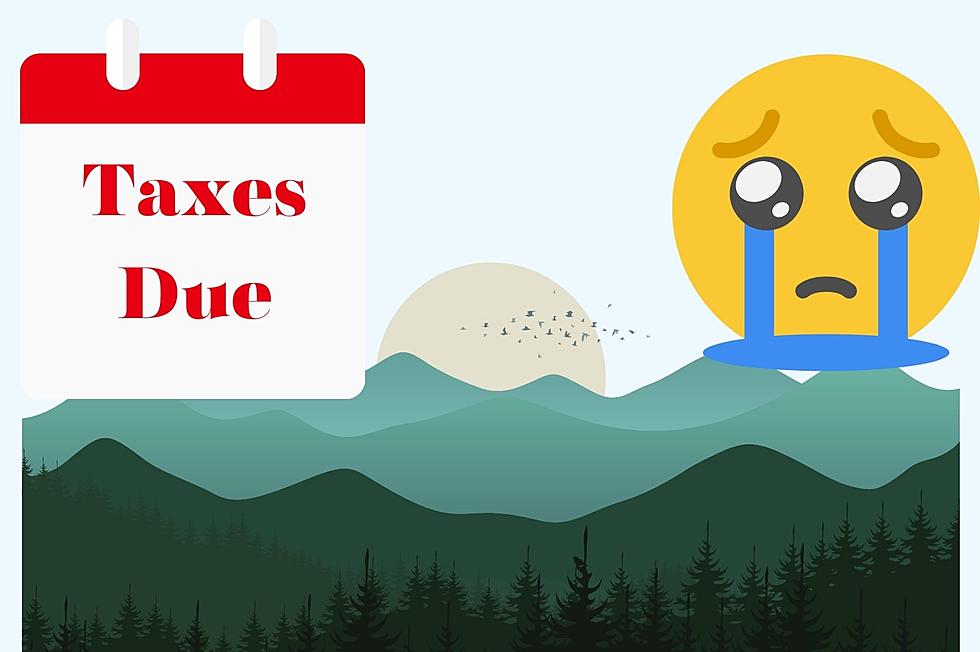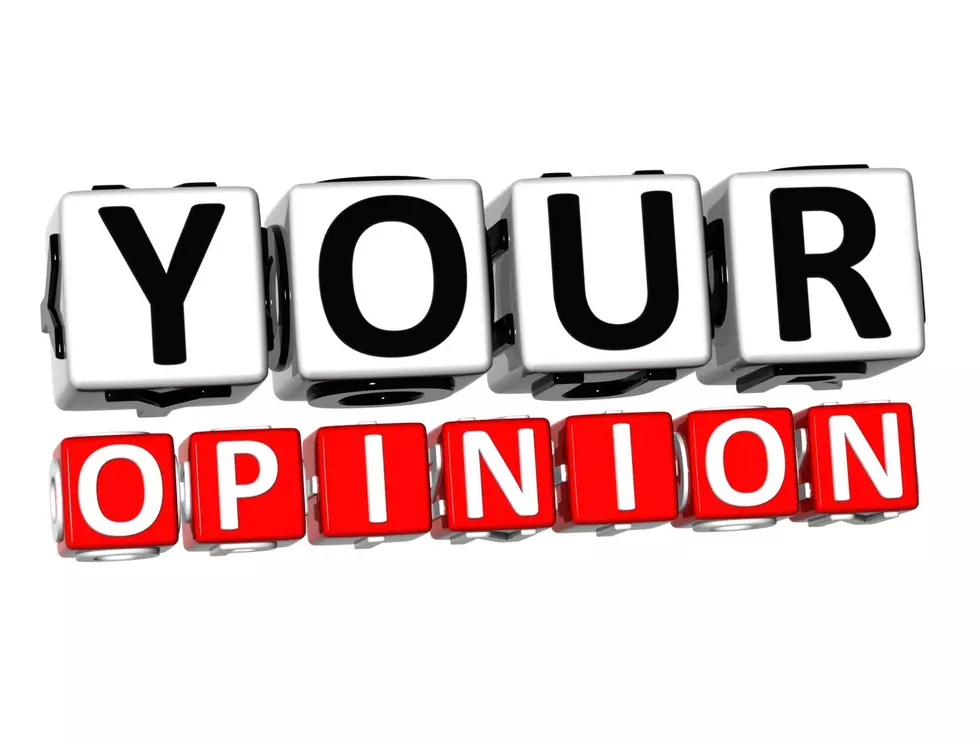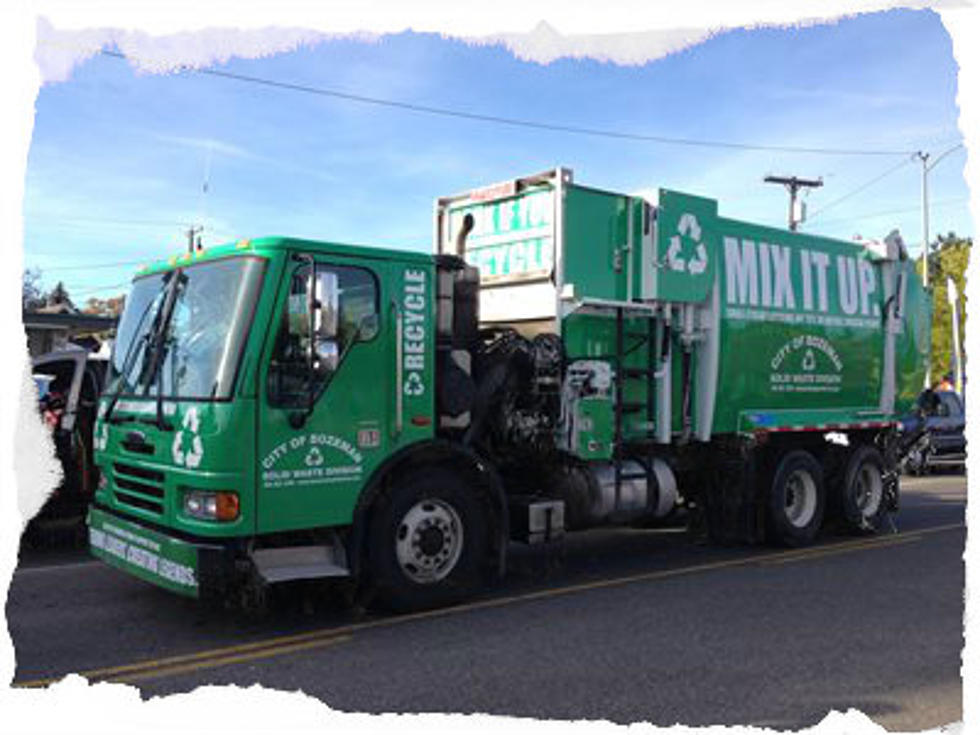
The Unseen Taxes That You Pay Every Day
So the old joke says that nothing is certain in life but death and taxes. It seems like taxes continue to go up and up, no matter who "promises" they won't in Washington, right? We pay tax on darn near everything... I found this story to help illustrate how the tax burden can be spread around, consider the "tax trail" on a few common daily items:
Gasoline
The taxes on a gallon of gas start as soon as the oil comes out of the well. If that oil travels through a pipeline to reach a refinery (and much of it does), there's more taxation there - states and municipalities will charge property tax on the pipelines, and some also charge tax based on the volume of oil or gas sent through the pipeline. What's more, pipeline tariffs are often restricted by law, which is in effect a tax as well.
Once the oil gets to the refinery, there's still more taxation that figures into the final pump price. Although excise tax is collected at different times and at different levels, the federal tax on gasoline amounts to a little over $0.18 per gallon, with states tacking on more tax (ranging from $0.07 to $0.30 per gallon depending upon the state). Don't forget, too, that many states tack on their regular sales tax every time you buy gasoline.
Tobacco
The tax trail for tobacco is similar in some respects to that of gasoline. Like gasoline, governments at all levels see tobacco as a honeypot for guilt-free taxation. As a result, the federal government charges an excise tax of $1.01 for each pack, while state taxes range from $0.17 (in Missouri) to $4.35 (in New York). Additionally there can be city taxes, which sits at $1.50 per pack in New York City. Along the way, of course, are the regular taxes that go into business - taxes on employee wages, taxes on property, taxes on income, taxes on diesel fuel and vehicles, and so on.
What makes the case of tobacco a little bizarre, though, is that money flows in two directions. The government as a subsidy program in place for tobacco farmers, a subsidy that paid over $200 million to farmers in 2009. That money, then, represents a tax on all citizens to pay farmers to grow a product that is then heavily taxed at federal, state and sometimes municipal levels.
Bread
Way back in 1975, Ronald Reagan commented that there were 151 taxes that went into the price of a loaf of bread, and that those taxes made up more than half of the cost. While much has changed since then, and I could not independently confirm all of the taxes that currently go into a loaf of bread, that quote is still true in spirit if not in detail.
Farmers may be eligible for subsidies, but they pay property taxes and income taxes. The trucker who takes the grain to market pays taxes for his license, his rig and his fuel. The grain elevator has property, employment, income and sales taxes. The miller, the bakery, the store and every other link in the chain has its own taxes as well, whether they are assessed on property, sales, income, wages, fuel or what have you.
The Bottom Line
Income tax is tough to ignore every April and anybody who has paid a hotel or cable bill lately has seen how taxes inflate their total bill. But how often do people consider how much of the price of a gallon of gasoline goes into government hands, or how many taxable "steps" there are in getting from a wheat field to the bread aisle of Wal-Mart ?
by Stephen Simpson
More From 100.7 KXLB







![[OPINION] Montanans Need to Stop Hating Out of Staters](http://townsquare.media/site/15/files/2021/10/attachment-john-bussell-qPKIavVhb6I-unsplash.jpg?w=980&q=75)
![[OPINION] People In Bozeman Ask Dumb Questions on Social Media](http://townsquare.media/site/15/files/2021/08/attachment-markus-spiske-94P6pStoE84-unsplash.jpg?w=980&q=75)
